It’s difficult, even in real-time, to keep abreast of developments with Covid-19. Even daily publications are struggling to keep up — never before has so much news, opinion and advice been funnelled to healthcare workers and the general public with such volume and speed. But the effects of this crisis are onion-like, with layers that are making us all think a little differently about a number of unexpected aspects of our professional and personal lives.
I won’t belabour the voluminous praise that is rightly being heaped on doctors, pharmacists, nurses and other healthcare professionals. The general public is now more aware than ever of the importance of doctors. I hope that is carried through into times of normality and not confined to times of crisis. Let’s hope nobody forgets the sacrifices of our healthcare professionals too quickly.
At time of writing, I have been in lockdown for several days. For those readers who have ever seen The Great Escape, the image of Steve McQueen being led by the Nazi guards to his solitary confinement with his baseball mitt and ball is tempting, although highly flattering. Nobody looked more cool than McQueen after another failed escape.
I had never experienced loneliness in life — clearly I am one of the lucky ones. However self-isolation has given me a glimpse into another world, and it’s not very pleasant. It must of course be even worse for those aged over 70, who have been told not to leave the house at all. I have already spoken with a couple of feisty pensioners who have their own opinions on what is a lockdown in all but name.
Being prohibited from physically meeting with other people is a form of psychological distress and many of us are learning now the implications of a lack of human contact. Video conferencing is all very well; it allows us some type of interaction but it is no substitute for the ‘real thing’. I wonder if some people are visiting supermarkets partly for a quick bit of two-metre banter across the frozen section.
Of course, I am on-board with these measures; I think they are necessary to help stem the rates of infection and help us return to something approximating ‘normal’ in the hopefully not-too-distant future. But for me, and no doubt many more like me, it has been an unsettling introduction to the loneliness and isolation that people face day-to-day due to old age, being incapacitated in some form, or a number other reasons.
As if to reinforce this, Irish charity Fighting Blindness issued an interesting press release on the day I write this, drawing attention to the particular challenges faced by people with sight loss during this pandemic. I admit, it’s something that hadn’t occurred to me — “People living with sight loss navigate their entire lives through touch. Now they don’t even have that,” explained Mr Kevin Whelan, CEO of the charity.
Even for people who are healthy and are used to going to work every day, there is a psychological and emotional impact that emerges when they were compelled to work from home. Even the inability to share a bit of chat, gossip or opinion around the water cooler in the office or clinic is a type of loss.
Then there are those who have lost their jobs because of the economy grinding to a halt. Isolation, coupled with uncertainty over how they will make a living, must be having a huge impact on these people, not to mention those around them.
Perhaps, if anything good is to come of all of this, it will be an increased awareness of the slow, progressive emotional starvation that so many of our citizens have had to face before Covid-19, and will continue to do so afterwards.
When the dust settles, I will be finding the odd excuse to visit that elderly or disabled neighbour and have a chat with them for a few minutes.
One healthy way to try and look at the economic impact of the pandemic is to consider what will happen when we are all told it’s finally safe to go outside.
Covid-19 is rapidly tipping us into a recession, with some pundits predicting a full-blown depression. At time of writing, the unemployment rate in the US is approximately 25 per cent, which is comparable to the Great Depression.
Again, at time of writing, the economic impact in Ireland is in such flux that it’s difficult to keep track of. We have been tipped into a recession with a speed and brutality that Bertie Ahern could only admire with awe.
But this recession is a little different. When Covid-19 blows over — and it will — there will be an explosion in spending and trade. I’m no economist but common sense would tell us that when these emergency measures are lifted, millions of us will want to go for a meal, have a haircut, book that holiday, buy that appliance, go to the pub, get that key cut, buy that new car, go to the gym, start playing squash again, upgrade that PC, go clothes shopping… the list is almost endless.
And ‘flattening the curve’ will mean trying to lose that weight built up during the lockdown.
It’s only a pinpoint at the moment, but there is a dim, distant speck of light at the end of this tunnel.
Sign In
NOTE: By submitting this form and registering with us, you are providing us with permission to store your personal data and the record of your registration. In addition, registration with the Medical Independent includes granting consent for the delivery of that additional professional content and targeted ads, and the cookies required to deliver same. View our Privacy Policy and Cookie Notice for further details.
Don't have an account? Register
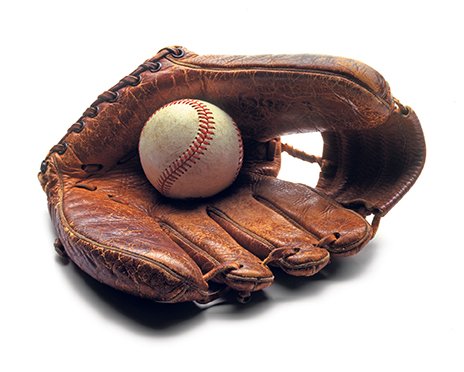
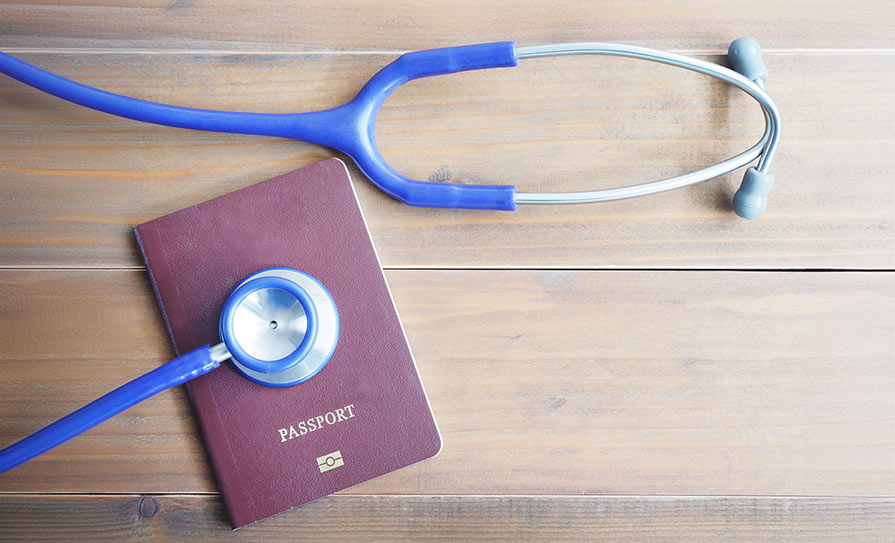
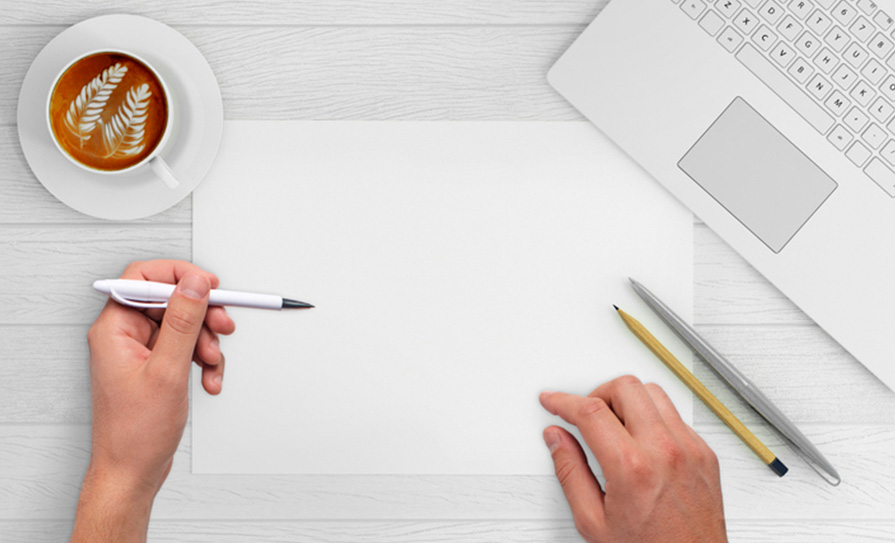
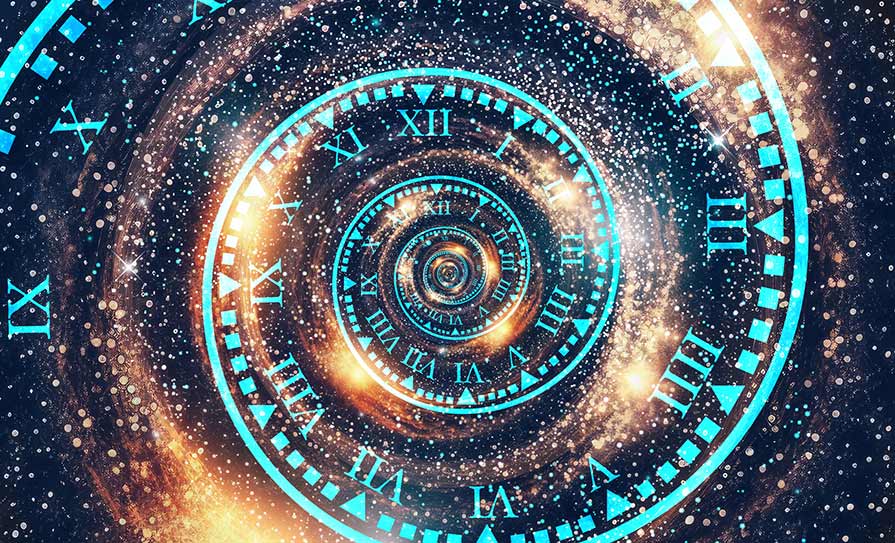
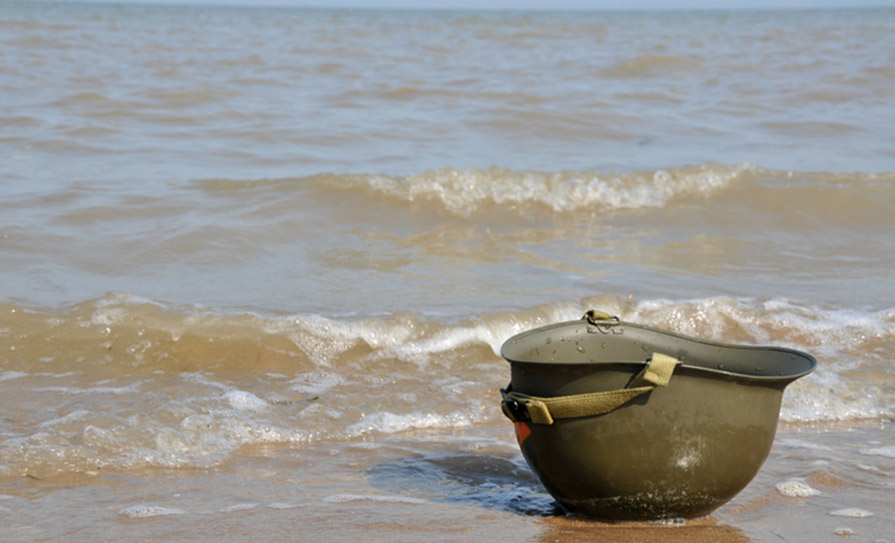
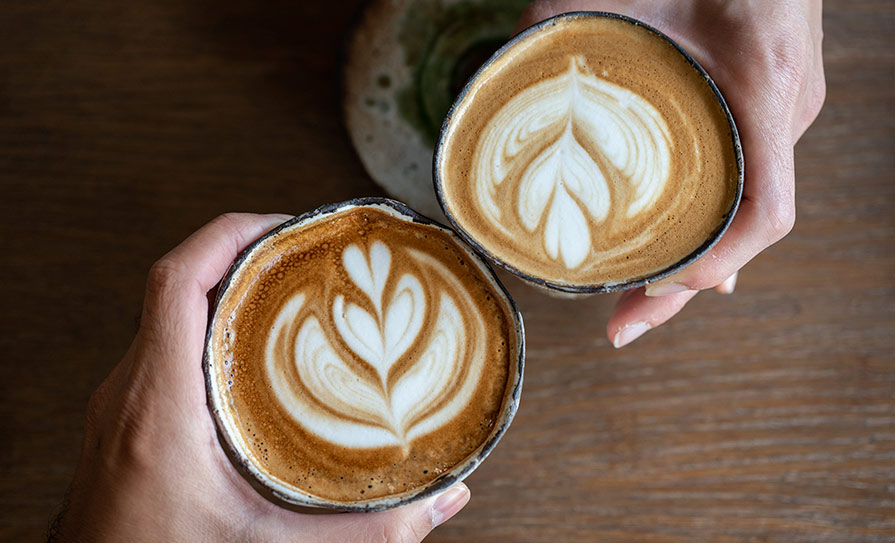

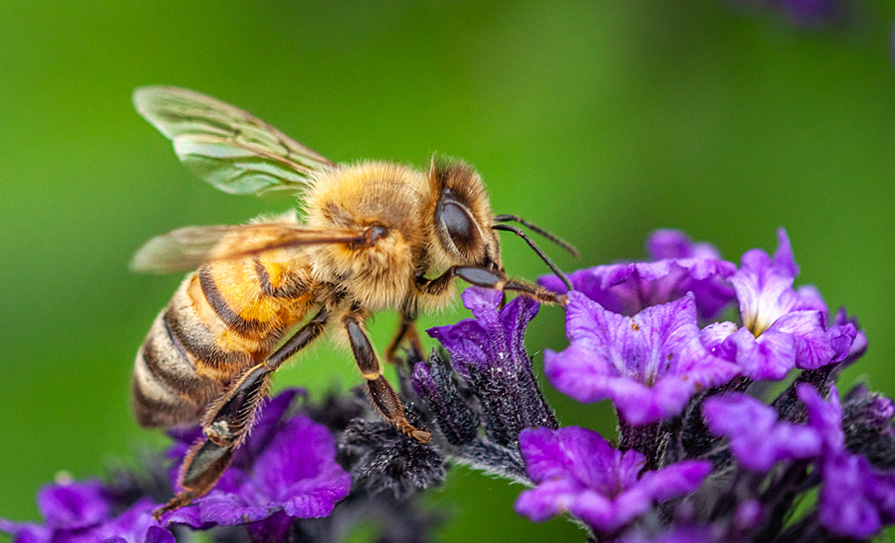





Leave a Reply
You must be logged in to post a comment.